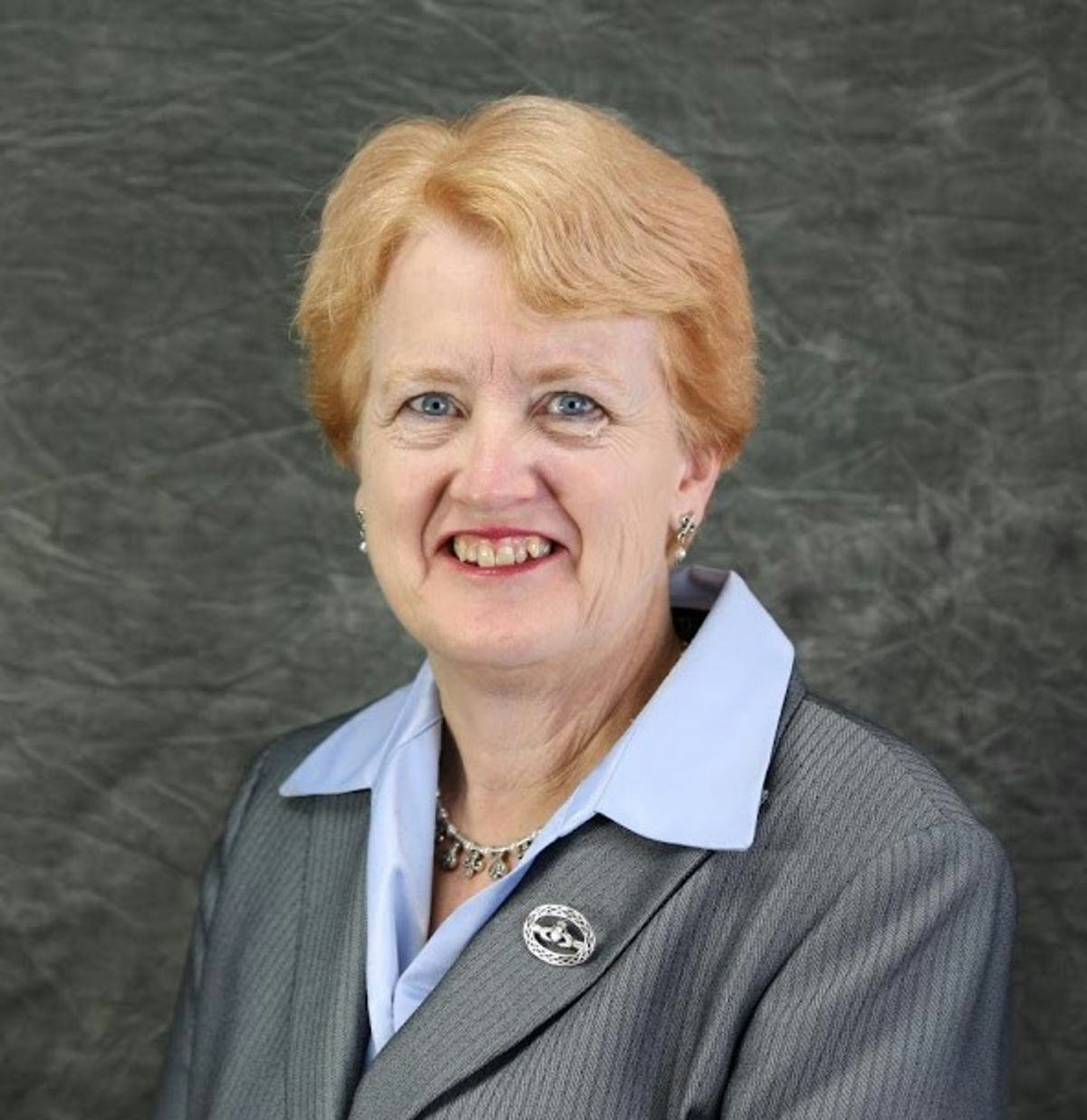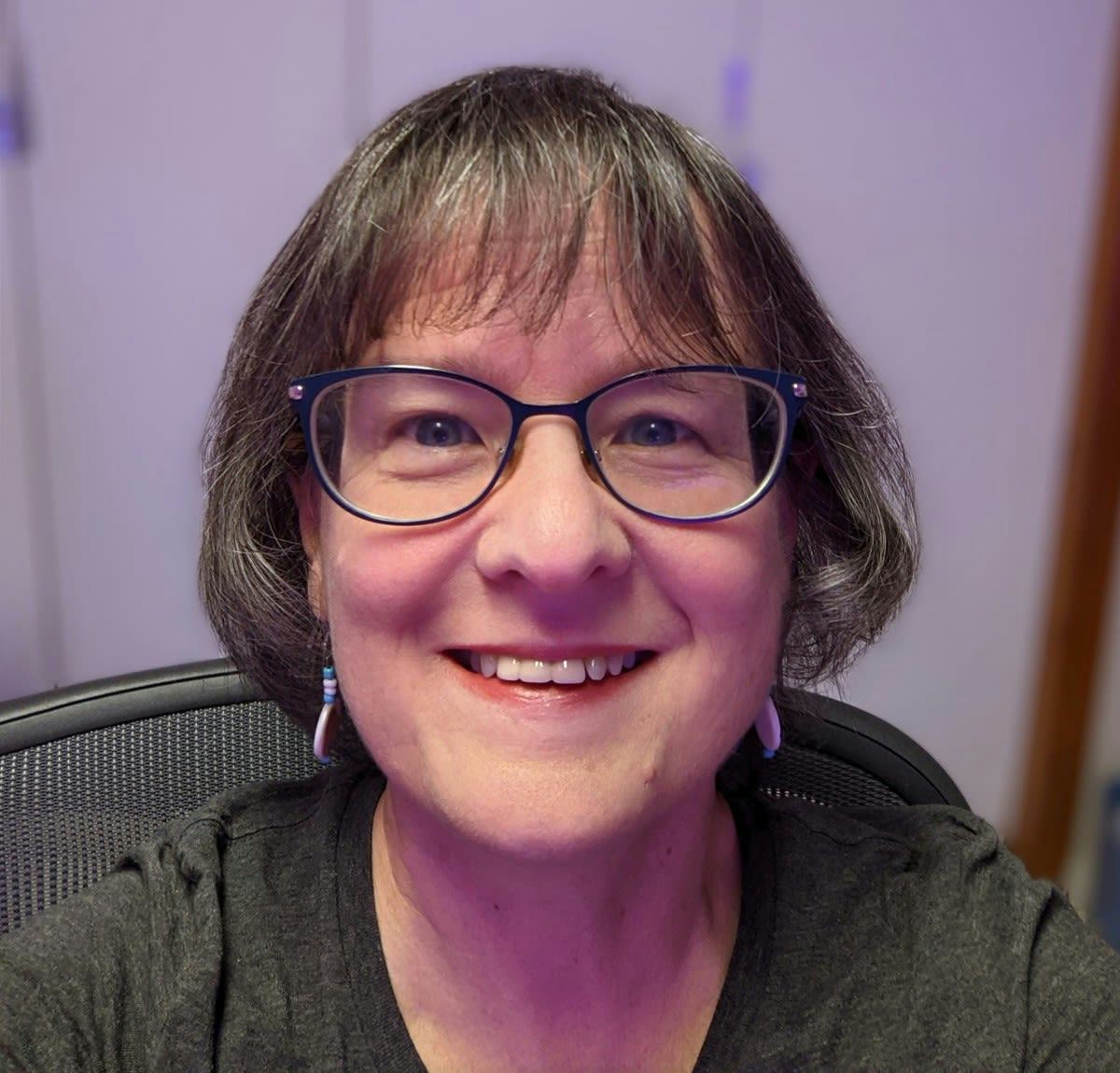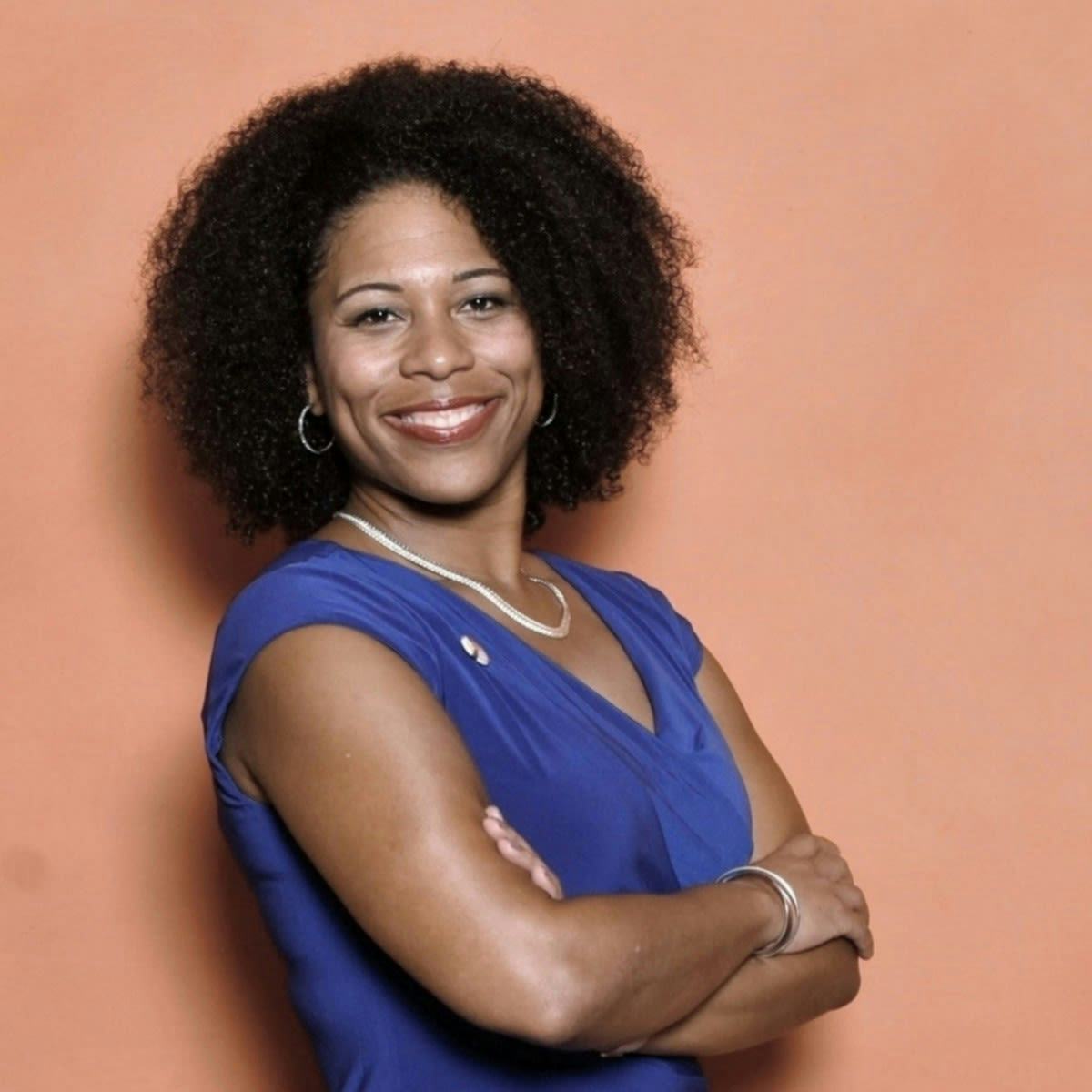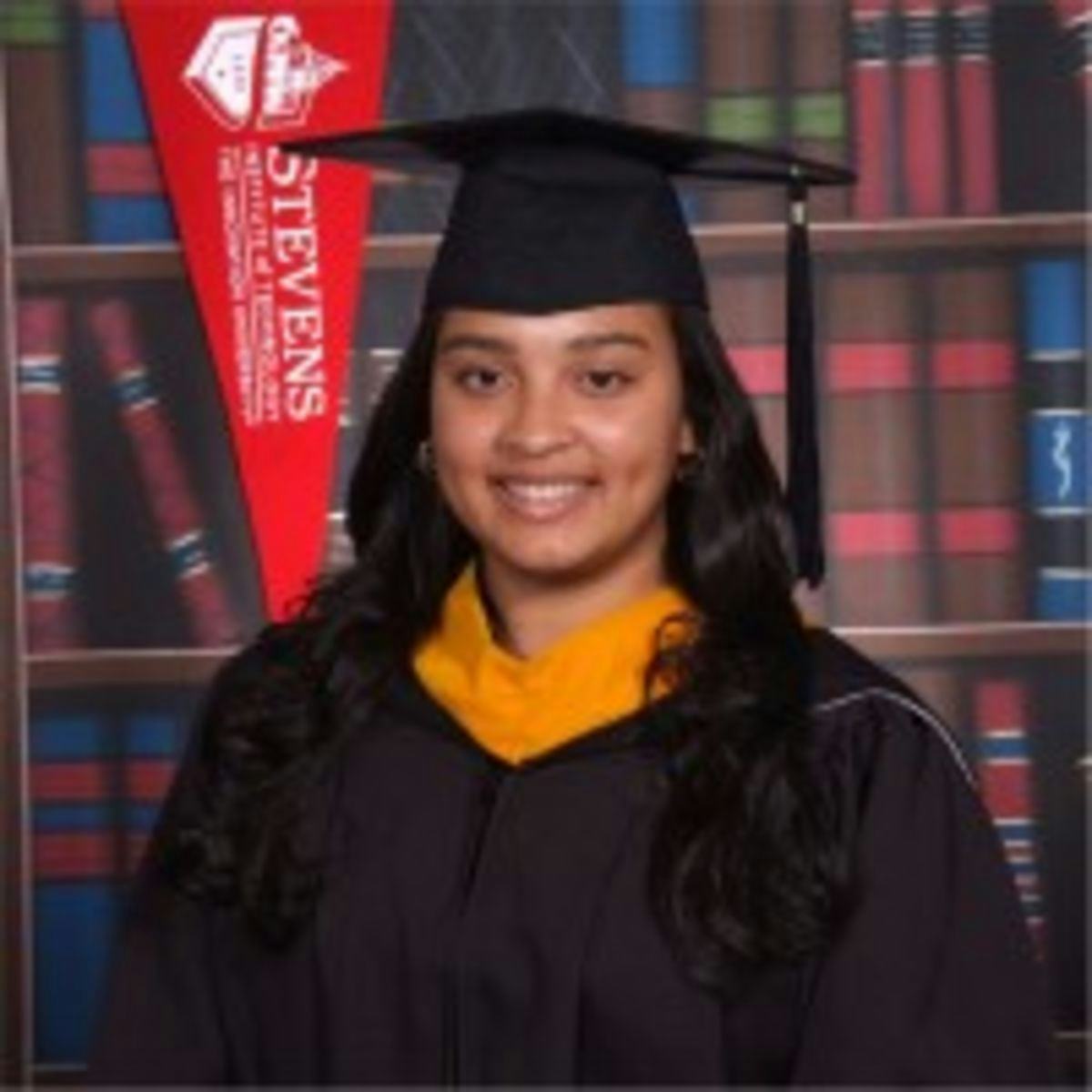Five Trailblazing Alumnae Share Insights and Experiences Across Five Decades at Stevens
A virtual panel discussion is one of the first in a series of events celebrating 50 years of women at Stevens
On April 26, dozens of students, faculty, staff and alumni gathered virtually to celebrate 50 years of undergraduate women at Stevens by attending the “5 Decades of Trailblazers Panel.” Sponsored by the Lore-El Center for Women’s Leadership, Development & Alumni Engagement and the Samuel C. Williams Library’s Archives & Special Collections, the event invited five alumnae representing each of the last five decades to reflect on their experiences at Stevens and discuss insights from their careers and personal lives since graduation. The panel was convened in celebration of the 50th anniversary of the admission of undergraduate women to Stevens in 1971.
Assistant Director for Diversity Education Liliana Delman kicked off the event with a welcome, followed by the introduction of the panel’s moderator, Jean Zu, dean of the Charles V. Schaefer, Jr. School of Engineering and Science, by Lore-El resident and programs coordinator Emily Kovelesky ’22.
As Kovelesky pointed out in her remarks, Dean Zu, like the panelists, is a trailblazer in her own right. “She made history at the University of Toronto by becoming the first female and Asian Department Chair in 2009.” Zu broke another glass ceiling when she joined Stevens in 2017 as the first female dean of the Charles V. Shaefer, Jr. School of Engineering and Science.
The panel included Martha Connolly ’75 M.S. ‘75, now retired after a long career in academia, government and industry; JoAnn Brereton ’84, director of software engineering for the baseball enterprise department at Major League Baseball; LeTisha Shaw ’99, director of product marketing at UserTesting; Moushmi Patel Culver ’00, vice president, head of manufacturing strategy and business development for the Merck manufacturing division; and Christina Puntiel ’20, a current Stevens graduate student pursuing a master’s degree in chemistry with a focus in analytical chemistry.
Dean Zu posed two questions to each panelist that reflected the unique social, political and technological climate of their undergraduate experiences throughout the decades.
Connolly described some of the pros and cons of being one of the first 19 undergraduate women at Stevens. “There were 1,600 or so men at the university at the time, and everyone knew our names,” she said. “They published our pictures … so everyone knew who we were. It was a little awkward that we didn’t know everyone else’s names.” Their notoriety extended to the classroom where professors often called on them first to answer questions in front of the group. Despite the challenges that came along with being different from her male peers, Connolly recalls embracing both rigorous academics and a robust social life while at Stevens.
Brereton remembered the misconceptions held by some professors about their female students during her undergraduate years. “Not all of us were there to get the so-called ‘M.R.S. degree,’” she said. “We weren’t there to get married or to meet somebody. I was there because my dad had taught me how to use computers, and I really wanted a career in computer science. I’d like to let that professor know that I’ve since had a successful 37-year career after I graduated from Stevens, and I have a wonderful family to boot.”
When asked about the impact of her extensive extracurricular involvement at Stevens, Shaw credited her experience as an athlete and membership in the Black Student Union with teaching her important skills she continues to draw upon today. As one of the “founding mothers” of the women’s basketball team, she worked hard to gather resources and recruit members while also managing a
challenging course load. “It taught me to be disciplined, it taught me to be resourceful,” she said. “When I think back to that time, there were also some great women leaders who took me under their wing that were upperclassmen … that was particularly what happened in the Black Student Union.” Shaw’s newfound leadership skills came in handy when she became captain of the soccer team, helping the program to develop a winning record by her senior year. “Through that time, I wasn’t only able to learn resilience and resourcefulness learning from others, but also how to adapt to change in a team dynamic, which are all things I took with me to the professional workplace.”
Culver reflected on how joining Stevens’ co-op program made her a competitive candidate for real-world work right out of college. “I was concerned about adding another year to my education … but the message was so strong that you would get not just educational excellence at Stevens, you’d get hands-on work experience,” she said. Culver credits the co-op staff with matching her and her classmates with assignments at high-profile companies, supporting her to take on opportunities outside of her comfort zone and helping her prepare to find a job. “Still to this day, I always remember that before I graduated, [from] all seven companies that I interviewed for — I got all seven offers, and it was because of the combination of my Stevens education and that hands-on work experience.”
Puntiel considered the importance of the increased focus on diversity and inclusion at Stevens, which has brought about recent campus improvements such as the Intercultural Space, gender inclusive bathrooms, the Art Harper Saturday Academy and more. “It really started with the creation of the Diversity and Inclusion Committee within the SGA,” she said. “That’s when I feel we were really able to voice our opinion on things that really mattered and how we wanted to see changes on campus.” Puntiel has witnessed the tangible impact of the committee’s work on the student community.
“It really has started to shift things; you can see people speaking up and using their voice, saying what we need from the university,” she said. “I definitely think it’s a great start, and there’s a lot of progress to be made.”
The panelists later fielded questions from the audience, tackling big topics, including equity in hiring, equal pay, stepping outside of comfort zones, keeping up with professional development and pursuing the ever-elusive “work-life balance.”
Watch a recording of the event to hear more from this diverse panel of trailblazing alumnae.
Learn about other inspiring events in celebration of coeducation at Stevens on the university's 50 years of women website.





